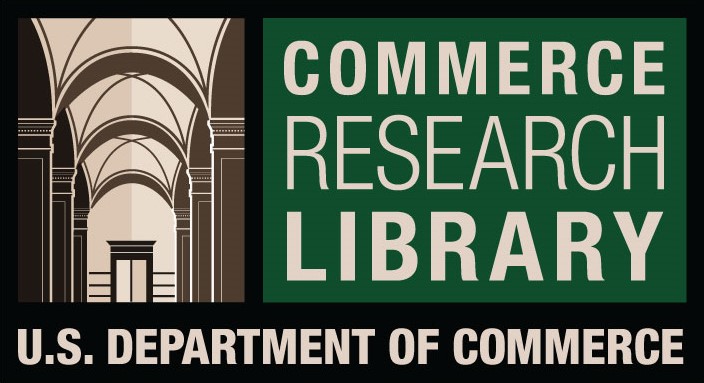An Empirical Evaluation of Individual Knowledge and Perception apropos to GST implementation in Delhi NCR
DOI:
https://doi.org/10.61841/4hcvsf47Keywords:
Indian Taxation,, Awareness, Economic Stability,, TaxesAbstract
The much awaited Goods and Services Tax (hereinafter referred to as GST) was made effective in India w.e.f 1st July 2017. It has been more than two years that individuals are living and working in the GST regime. It was predicted that this new system of Indirect Taxes, which is going to subsume a number of Central and State Level Indirect Taxes, is going to revolutionize the Indian Taxation System. During the early stage of its implementation, many financial issues viz inflation, increase in cost of living, economic stability, successful implementation of GST, were a cause of concern. Government had undertaken various initiatives to spread awareness about GST by educating the professionals & general public at large to improve their understanding on the need of GST in taxation system. During the initial stages of implementation, the public seemed to be confused about the concept and operational aspects of GST. The benefits were proclaimed to be too many and it was considered to be friendly to all. However the real achievement is still a question. Many questions and complaints were reported to the related authorities for perusal and necessary action. The system is running and is improving continually. The government aims to provide benefits to one and all. However, still the perception of an individual towards the structure of the system and awareness about the system among individuals is a question. After two years of its implementation, this study aims to study the perception of different individuals towards basic provisions of GST and whether government has taken initiatives to create awareness among individuals, with further scope of research available for the study with professionals and businessmen.
Downloads
References
1. Amanuddin S (2014), “Educators’ Awareness and Acceptance Towards Goods and Services Tax (GST) Implementation in Malaysia: A Study in Bandar Muadzam Shah, Pahang”, International Journal of Business, Economics and Law, Vol. 4, No. 1, pp. 1-10
2. Roy Arunabha (2017), “GST in India: A Layman’s 0”, Journal of Commerce & Management Thought, Vol. 8, pp. 219-233
3. Palil M R and Ibrahim M A (2011), “The Impacts of Goods and Service Tax (GST) on Middle Income Earners in Malaysia”, World Review of Business Research, Vol. 1, No. 3, pp. 192-206
4. Tan L M and Chin-Fatt C (2000), “The Impact of Tax Knowledge on the Perception of Tax Fairness and Attitudes Towards Compliances”, Asian Review of Accounting, Vol. 8, pp. 44-58
5. Nagaraju S. (2018), “An Empirical Study on People Perception On GST in Suryapet District (T.S)”, International Journal of Advances in Management, Technology and Engineering Sciences, Volume 8, Issue 1, 328-339
6. Discussion Paper on Goods and Services Tax in India: Empowered Committee of State Finance Ministers, New Delhi, November 10, 2009
7. Muralidharan R (2007) ‘Service Tax on Goods Transport Agencies’, Service Tax Journal, Manupatra, p5- 6
Downloads
Published
Issue
Section
License

This work is licensed under a Creative Commons Attribution 4.0 International License.
You are free to:
- Share — copy and redistribute the material in any medium or format for any purpose, even commercially.
- Adapt — remix, transform, and build upon the material for any purpose, even commercially.
- The licensor cannot revoke these freedoms as long as you follow the license terms.
Under the following terms:
- Attribution — You must give appropriate credit , provide a link to the license, and indicate if changes were made . You may do so in any reasonable manner, but not in any way that suggests the licensor endorses you or your use.
- No additional restrictions — You may not apply legal terms or technological measures that legally restrict others from doing anything the license permits.
Notices:
You do not have to comply with the license for elements of the material in the public domain or where your use is permitted by an applicable exception or limitation .
No warranties are given. The license may not give you all of the permissions necessary for your intended use. For example, other rights such as publicity, privacy, or moral rights may limit how you use the material.









